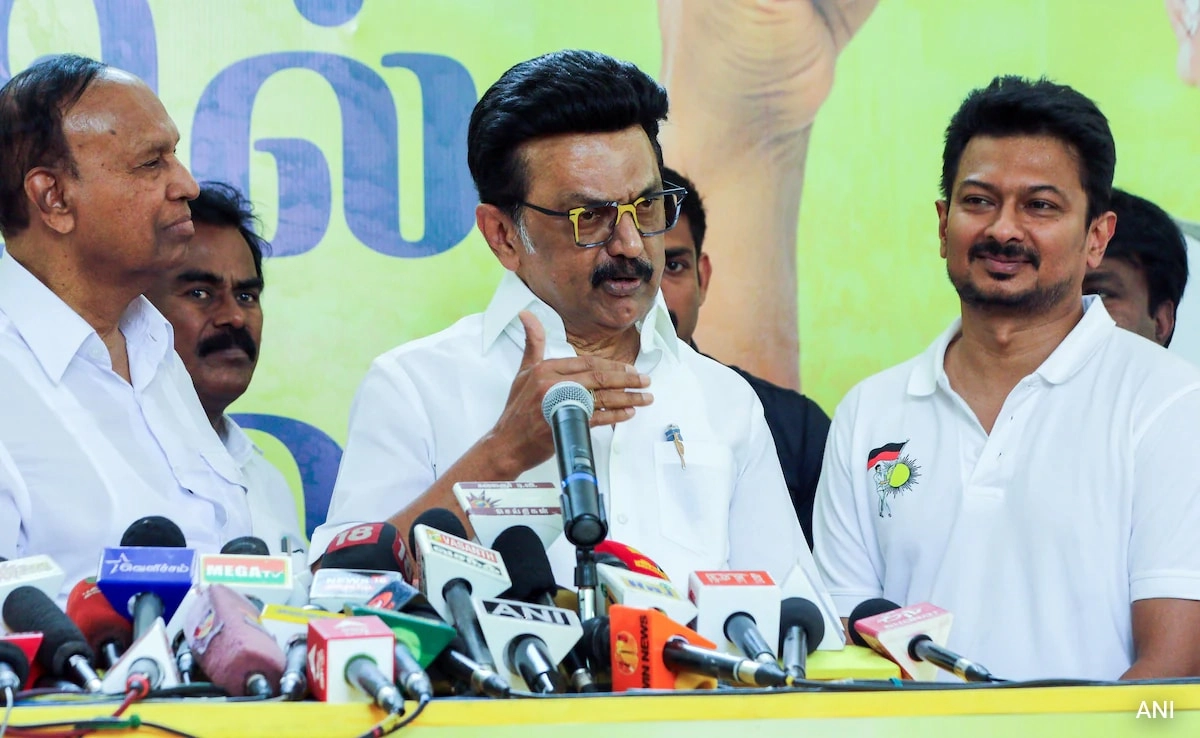As the 2026 state assembly elections approach, the Dravida Munnetra Kazhagam (DMK) party is gearing up to present its vision for what it calls “Dravidian Model 2.0.” This ambitious initiative aims to build upon the foundational principles of the Dravidian movement while addressing contemporary challenges facing Tamil Nadu. The DMK’s leadership is focusing on enhancing social welfare, economic development, and educational reforms to secure a strong foothold in the upcoming elections. The party’s strategy appears to be a response to changing voter expectations and a desire to reinforce its commitment to the welfare of all citizens, particularly marginalized communities.
In response to the DMK’s announcement, the All India Anna Dravida Munnetra Kazhagam (AIADMK) has voiced its skepticism, criticizing the ruling party’s track record. The AIADMK argues that the DMK’s lofty promises lack substance and that the party has failed to deliver on its previous commitments. This rivalry between the DMK and AIADMK is emblematic of the larger political landscape in Tamil Nadu, where both parties have historically vied for dominance. The AIADMK claims that the DMK’s focus on a new model is merely a tactic to distract voters from issues of governance and accountability that have plagued the current administration.
As the political battle heats up, both parties are expected to intensify their campaigning efforts, each trying to sway public opinion in their favor. The DMK’s “Dravidian Model 2.0” is seen as an attempt to rejuvenate its image and re-engage with the electorate by promising a more inclusive and progressive Tamil Nadu. Meanwhile, the AIADMK plans to leverage its own legacy and accomplishments to counter the DMK’s narrative, appealing to voters who may feel disillusioned by the current government’s performance. This dynamic sets the stage for a fiercely competitive electoral season, where innovative policies and past achievements will be scrutinized and debated.
Ultimately, the success of either party will depend on their ability to resonate with the electorate’s aspirations and concerns. The DMK’s focus on a new model reflects an awareness of the need for adaptability in governance, while the AIADMK’s critique highlights the importance of accountability in political leadership. As the campaigns unfold, voters will be keenly observing how each party articulates its vision for the state’s future and addresses the pressing issues that affect their daily lives. The upcoming elections will not only determine the political landscape of Tamil Nadu but will also shape the direction of the state’s development for years to come.




